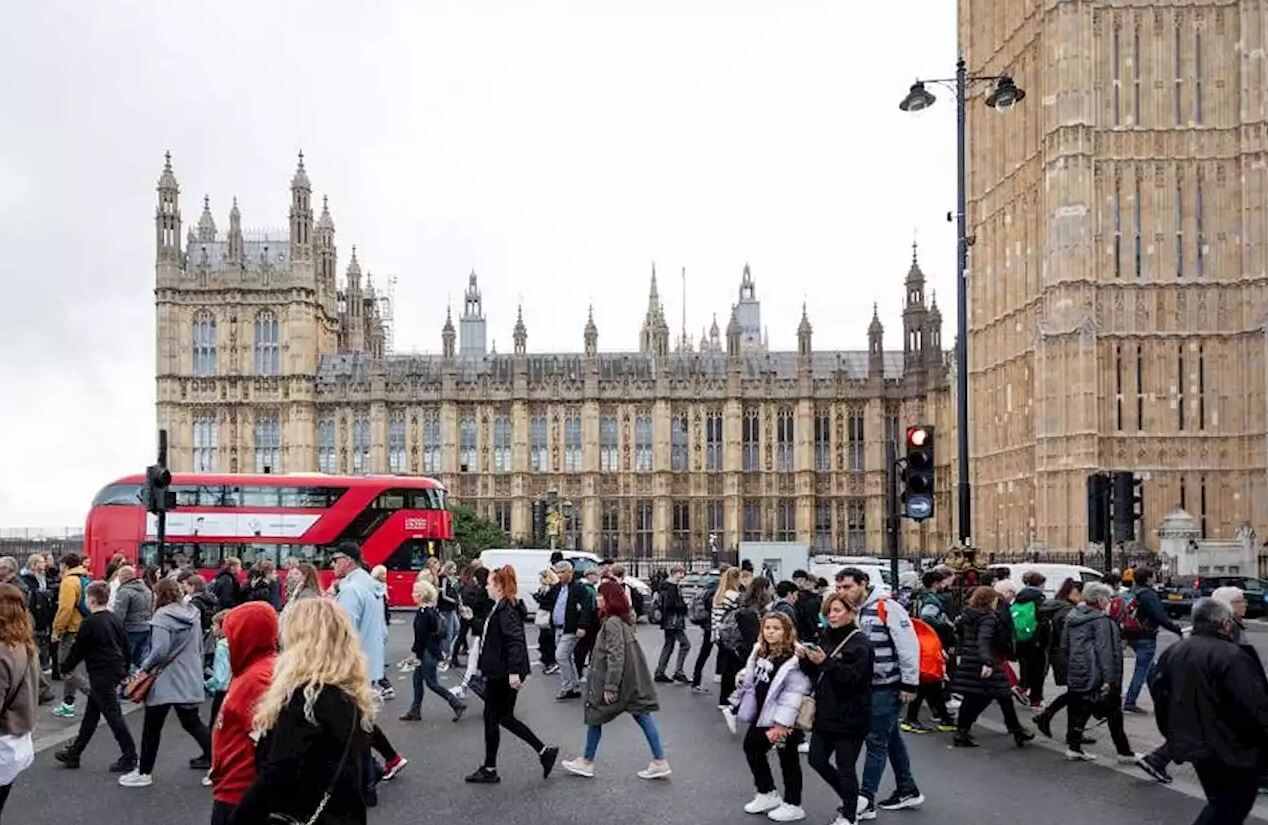Six and a half years after the referendum in which the United Kingdom decided to leave the European Union, three years after the departure itself, two years after signing a post-Brexit trade deal with Brussels, and one month after installing its fourth prime minister since the referendum in 2016, the United Kingdom is currently embroiled in yet another debate regarding Brexit.
Bregret, as it has been referred to in the British press, is once again in the air, despite the fact that Brexit has been relegated to the annals of history.
The guilt is understandable given the current state of the British economy, which is the worst it has been in a decade and is even worse than the economies of its neighbours in Europe. Even while Brexit is not the source of all or even the majority of the issues, Britain’s troubled trading relationship with the rest of Europe unquestionably plays a part in the current state of affairs. Because of this, it has become an easy target for an anxious public that is looking for someone or anything to blame.
The newest development in this never-ending drama started with the release of a survey the previous week, which revealed that support for Brexit had dropped to its lowest level ever recorded. In a study conducted by the company YouGov, respondents were asked their opinions on whether or not they felt leaving the European Union was a good idea. Only 32 percent of respondents said they thought it was a good idea, while 56 percent said it was a mistake.
This week, the voices of those questioning the wisdom of Brexit became louder when a story was published in The Sunday Times of London stating that Prime Minister Rishi Sunak was contemplating pursuing a tighter relationship with the European Union, based after Switzerland’s current arrangement. In exchange for contributing money to the bloc’s coffers and complying with certain of its regulations, the Swiss enjoy access to the single market and face fewer inspections at their borders.
The story, which was said to have been derived from “senior government sources,” was promptly refuted by Mr. Sunak.
Mr. Sunak told business executives on Monday that “under my leadership,” the United Kingdom would not seek any partnership with Europe that depends on conformance with EU regulations. He made this statement when addressing the business executives.
Mr. Sunak continued by saying, “I voted for Brexit, and I believe in Brexit.” “I am aware that leaving the European Union may bring about huge advantages and prospects for the nation, and that this is already happening.”
However, the denial made by the prime minister is not likely to resolve the issue any more than did the promise made by one of the prime ministers who came before him, Boris Johnson, to “get Brexit done,” or the insistence made by another former prime minister, Theresa May, that “Brexit means Brexit.” Both of these presidents spent a significant portion of their tenure at Number 10 Downing Street waging conflicts connected to the break with the bloc. Because of that, Mrs. May was fired from her work.
Since then, the United Kingdom has been plagued by double-digit inflation, increasing interest rates, and a recession that, according to a recent warning from the Bank of England, may endure for up to two years. Britain is the only one of the developed nations that makes up the Group of 7 with a GDP that is now less than it was before the epidemic began. It was just dethroned from its position as the fifth biggest economy in the world by India.
There are further issues with Mr. Sunak. Even if he persisted in pursuing this course of action, there is no sign that the European Union would agree to an arrangement for Britain similar to that of Switzerland. Northern Ireland is a part of the United Kingdom but shares a border with the Republic of Ireland, which is a member of the European Union. Despite being a part of the United Kingdom, Britain has chosen not to adhere to an agreement that it reached with Brussels on the hybrid trade status of Northern Ireland.
Even if Mr. Sunak has made efforts to cool the intensity of the negotiations with Brussels over that arrangement, there is currently no indication that a resolution is forthcoming. For any larger reset to take place, a resolution to the ongoing tensions about Northern Ireland is a requirement.
There is even less reason to have faith that his Conservative Party, which has a large euroskeptic wing, would accept a partnership similar to that of Switzerland. The story in the Sunday Times prompted vehement criticism from Brexit supporters like David Frost, who had negotiated the trade pact with Brussels on Mr. Johnson’s behalf.
It has been the subject of intense conjecture as to who may have been the source of the leak, with possible suspects ranging from Mr. Sunak’s chancellor of the Exchequer, Jeremy Hunt, who opposed Brexit, to Mr. Sunak himself. Because of his more pragmatic approach, hard-line euroskeptics often cast doubt on the legitimacy of the prime minister’s claims that he supports a Brexit.
As a result, Mr. Sunak is in a difficult situation. The most apparent option is one that cannot be accepted politically. His predecessors were able to pitch Brexit as a victory for British sovereignty or as a check on unrestrained immigration. He is unable to do either. At this point, it is being evaluated in terms of the effect it will have on the economy, and it is coming up woefully short.
Professor Menon said that the economic implications of Brexit were not adequately considered. “It was interpreted according to our cultural norms or ideals. Everything is now about the economy, and although you can make a case for Brexit in many different ways, making the case that it would increase GDP is a stretch.
